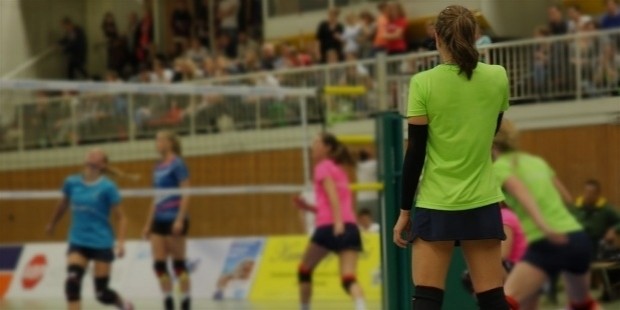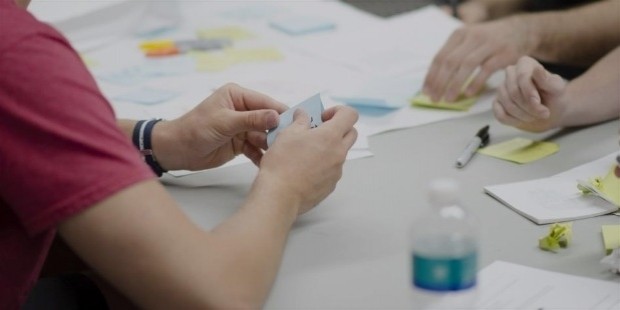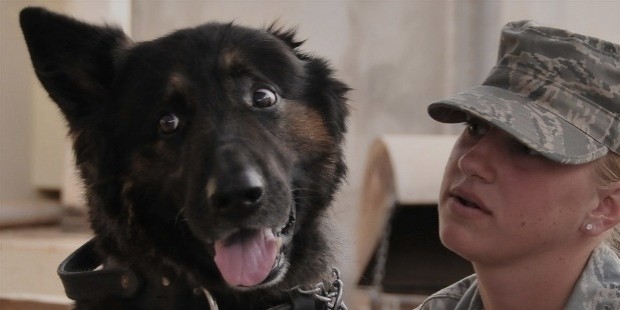How to Build a Small Team With High Performance Levels

Whether you’re trying to turn your company around or meet a specific performance goal, a team can make it happen. In their book, The Wisdom of Teams, Jon Katzenbach and Douglas Smith describe a team as a “small number of people with complementary skills who are committed to a common purpose, performance goals and approach for which they hold themselves mutually accountable.”
Looking closer, here are the elements that lend themselves to the development of teams and foster superior work performance:
Complementary Skills
A team cannot succeed unless its members contribute three types of complementary skills and knowledge. If necessary, the members can develop or increase any of these aptitudes as their work progresses - Technical or functional expertise, Problem-solving and decision-making skills, Interpersonal skills.
No team can succeed without certain skills, but some managers ignore this and assemble teams primarily on the basis of personal compatibility or organizational rank. At the other extreme, some managers overemphasize skills to the exclusion of such things as shared commitment, focus, accountability and enthusiasm.
Common Purpose and Performance Goals
A team’s immediate goals must correlate with its overall purpose. If short-term objectives don’t match the long-term picture, team members will probably feel confused and discouraged. Teams work best when management gives them a broadly defined job to do and lets them do it.
Knowing how important this sense of belongingness is, when taking on new team members, we should also pay close attention to whether or not a person would be a good fit for our culture. If a person doesn't feel that they fit in, they could quickly become disengaged.
Common Approach
Teams should devote ample time to developing their working approach. They should pay particular attention to the economic, administrative and social aspects of the working relationship. Note that if the work isn’t divided equally, resentment and non-productivity will result. The members should assign themselves specific tasks, agree on ways to set and stick to schedules, think about skills they might need to develop, and plan ways to make and change decisions.
Mutual Accountability
A group becomes a team only when it can hold itself collectively accountable. Underlying this accountability are the sincere promises that members make to themselves and others regarding commitment and trust. Most people enter a team cautiously. A tradition of individualism discourages them from putting their fates in the hands of others. While this distrust cannot be wished or coerced away, it can be resolved over time. Shared work toward common objectives eventually breeds trust within the group.
People need to be Appreciated Frequently and Authentically
People need to be appreciated for the tasks they accomplish, for their ability to display emotional mastery, and for their ideas. Leaders of the most successful teams create a culture of catching people doing well in all three of these areas and they make it a point to offer some type of specific, genuine praise at least once every 7-10 days. The power of appreciation can be taken to the next level by making sure that we have a conversation at some point with each team member to find out how they like to receive appreciation. One person may like public recognition. Another may prefer a simple written thank you.
Great teams make great organizations. Good and mediocre teams make good and mediocre organizations. They meet deadlines; they stay within budget; they maintain the status quo. But they do not push the envelope. They do not typically reach for performance breakthroughs & that makes a Great organisation stand apart from the crowd.














